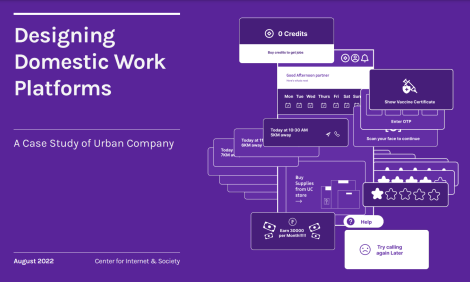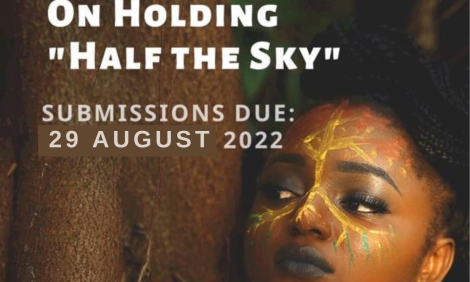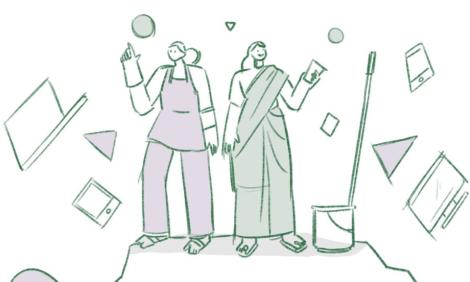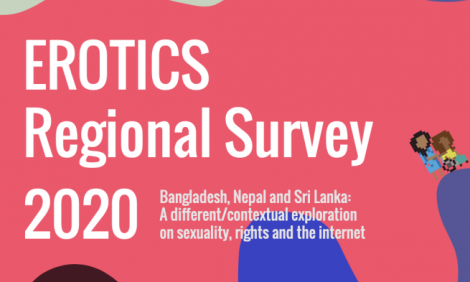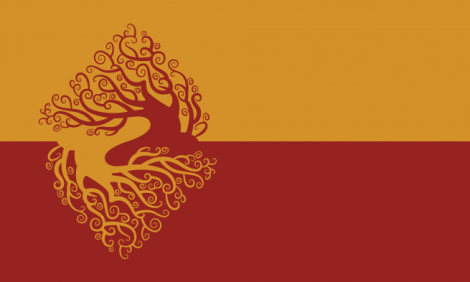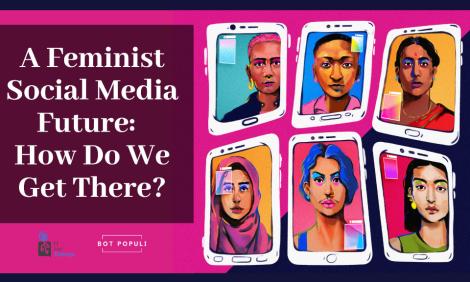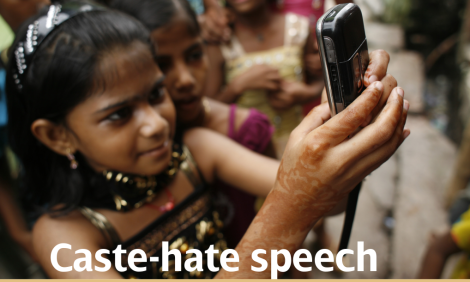The research shows that the introduction of technology brings with itself the same problems that haunt other sectors of platform-mediated gig work. On-demand platforms seek to exert control over most points of the service delivery process, including job distributions, client selection, worker pay and performance evaluation, all the while relegating workers to an independent contractor status…
Resources
Here is a repository of the latest research reports, policy documents, presentations, issue papers, and other relevant publications focusing on the area of ICT and gender.
About GenderIT.org
The site is meant to be a think tank OF and FOR women's rights, sexual rights and internet rights activists, academics, journalists and advocates. We carry articles, news, podcasts, videos, comics and blogs on internet policy and cultures from a feminist and intersectional perspective, privileging voices and expressions from Africa, Asia, Latin America, Arabic-speaking countries and parts of Eastern Europe.

